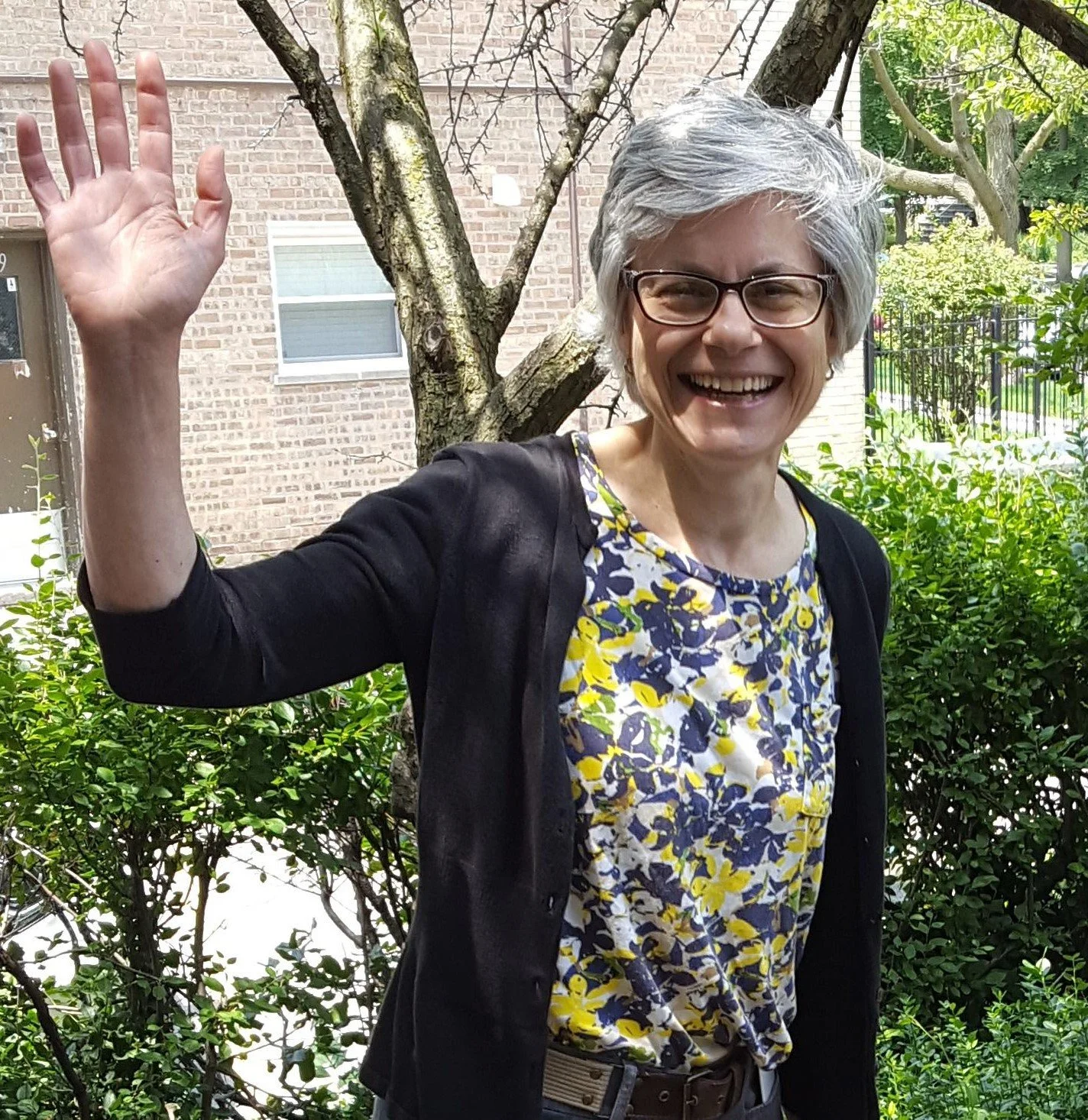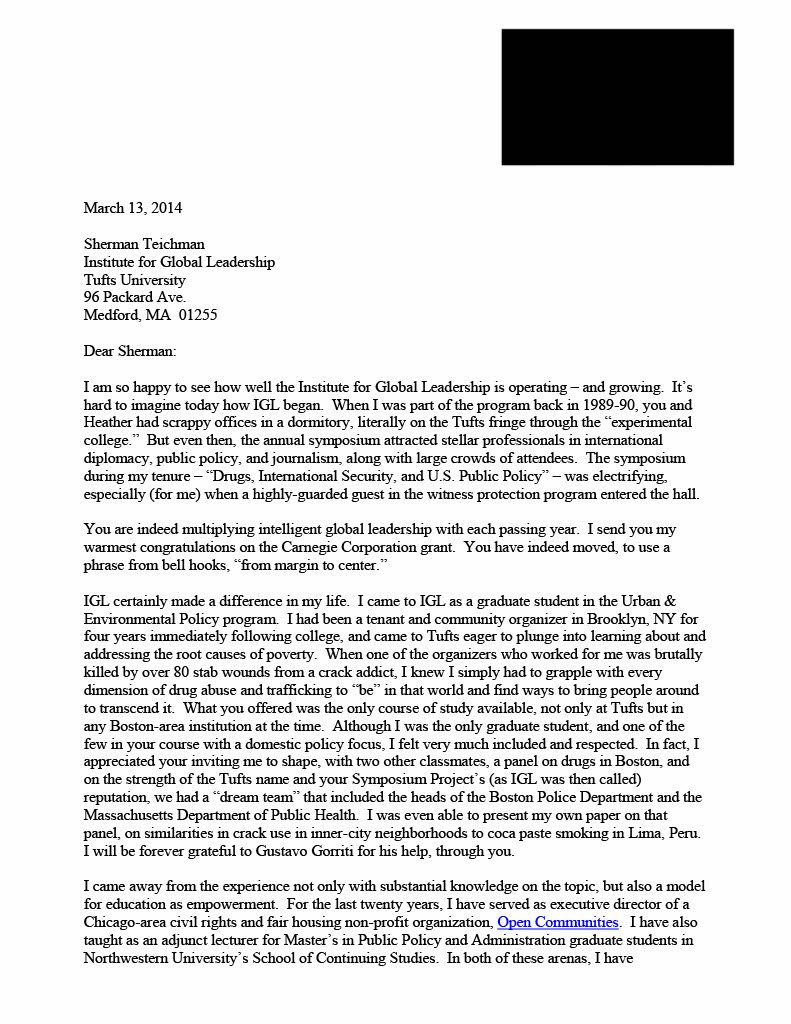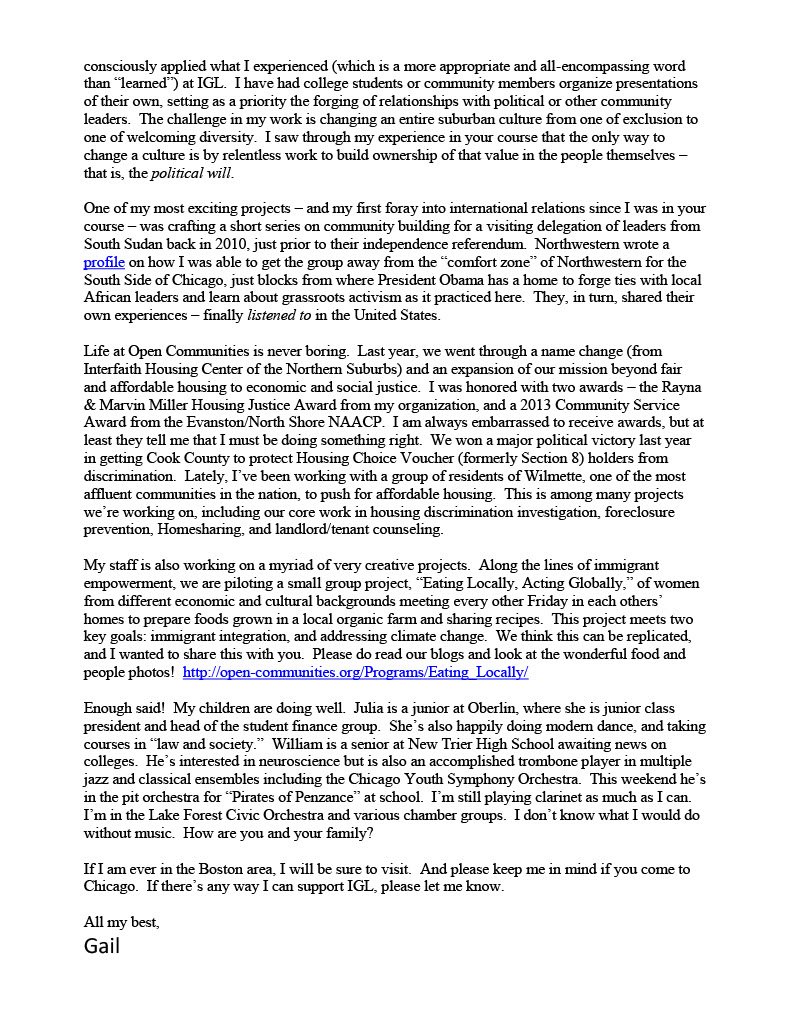A global rights watchdog’s spokesperson and comms director, Ahmed Benchemsi is an award-winning journalist, media entrepreneur, opinion writer and public speaker turned Human Rights advocate. Fluent in French, Arabic and English, his expertise is in human rights, individual freedoms and secularism within Islamic societies, media and social media in North Africa and the Middle East.
As the primary spokesperson for Human Rights Watch on the Middle East and North Africa, Ahmed gave 1200+ interviews to international media in three languages, including CNN, PBS, BBC, France 24, Al Jazeera, Deutsche Welle, and more. As HRW's MENA Communications and Advocacy Director, he initiated and led global campaigns including on freedom of speech, individual freedoms, women's rights, and LGBT rights.
As a journalist, Ahmed was published in TIME magazine, Newsweek, The Guardian, Le Monde, Le Nouvel Observateur, Jeune Afrique, and other global publications.
Ahmed started his career in Morocco in the mid-1990s as an investigative reporter, with a passion for defending democracy, secularism and individual freedoms, exposing corruption, and heralding cultural empowerment, especially for the youth. At 26, he founded TelQuel, a French language weekly news magazine covering politics, society, and culture that became the market leader in four years. In 2006, he founded the Arabic language news magazine Nichane, which, in turn, topped the national magazine market (even surpassing TelQuel) in just over a year. The TelQuel Group, of which Ahmed was CEO and editor-in-chief, soon became Morocco’s #1 magazine publisher (combined circulation, including of several offshoot mags, peaked at 500,000 readers) with 100+ staffers, USD 10 million annual revenue and USD 1 million profit. TelQuel and Nichane were hailed as “groundbreaking,” “innovative” and “pioneering,” including in TIME magazine, The Guardian and The Economist and reaped numerous international awards, including the CNN award for African journalists, the Press Now prize and Reporters Without Borders prize.
Such success attracted attention, which also meant adverse feedback from Moroccan authorities. Ahmed and his colleagues were arrested and brought in for interrogation many times, then prosecuted, sentenced to suspended prison terms and heavy fines for speech offenses including “undermining official institutions” and “disrespecting the king.” The police raided the printer’s plant several times, destroying tens of thousands of copies. Even though a market leader, Nichane suffered a government-led advertisement boycott campaign that drove down its ad revenue by 80%. Ahmed had to close it in 2010, resign his position in the publishing company and sell his shares to dissociate himself from TelQuel, thus allowing the company to survive and the magazine to continue (it still exists today, though with a different editorial line.)
In 2011, Ahmed left Morocco and moved to Stanford, California, where he was awarded a visiting scholar fellowship. During 2 years, he studied the “Arab Spring” tidal wave that shook the Middle East and inspired transformative movements around the world. While in Stanford, he contributed academic articles for the Journal of Democracy, the National Endowment for Democracy, the Middle East Institute, the Cato Institute, the French political science quarterlies Pouvoirs and L’ENA Hors Les Murs. He was also a co-author of “Taking to the streets: The Transformation of Arab Activism” (2014, Johns Hopkins University press,) and in Arabic, “February 20: The Outcomes of Democratization in Morocco” (2018, Arab Center for Research and Policy Studies, Qatar), two anthologies that examined the roots of the Arab Spring.
But academic work didn't cut it for Ahmed. Publishing long articles in savant journals was a fine thing, but wasn’t enough engagement and made little real impact. The media man in him took over. Originally meant to be a book, his Stanford fellowship project turned into an online platform, FreeArabs.com, that was designed to be a springboard for the ebullient “Arab Spring” generation. The Beta version was a success, praised by his Stanford mentors. But as the hope for democratic change faded, so did the interest of venture capitalists in funding it.

























